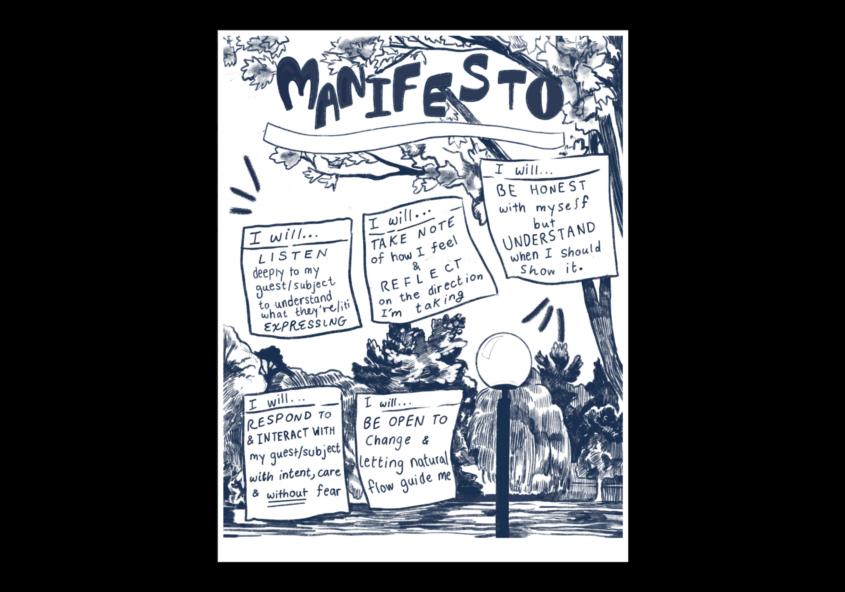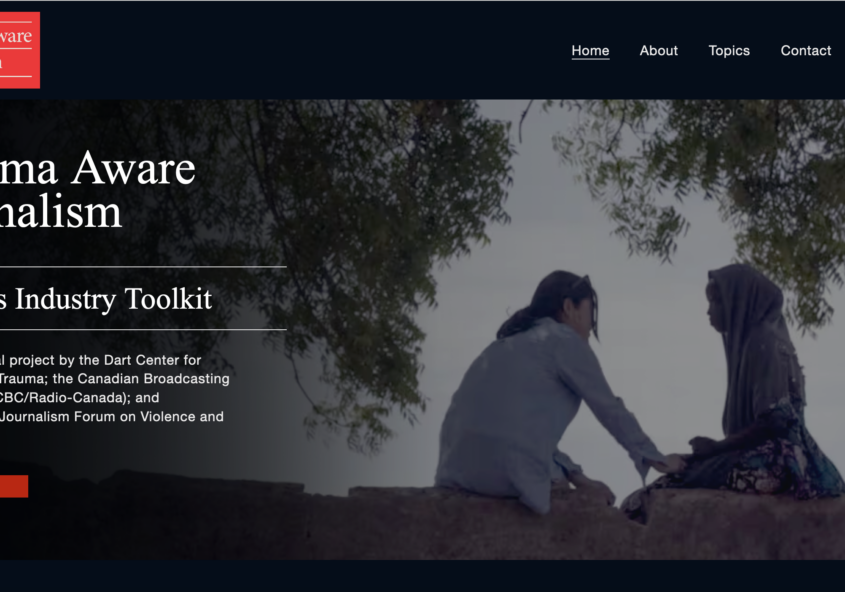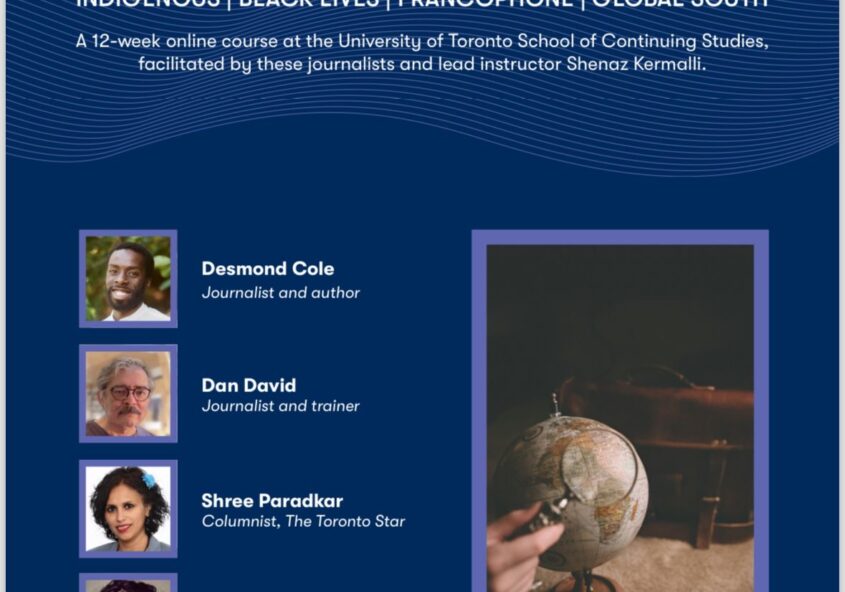Category / Read / Education / Facts and Frictions
-
Creating welcoming spaces: Indigenous journalism students’ perspectives on programming and representation
Challenges and perspectives of Indigenous students in Canadian journalism programs Continue Reading Creating welcoming spaces: Indigenous journalism students’ perspectives on programming and representation
-
Three journalism education lessons from Canada’s first Future of Independent Media Summit
How exploring community, revenue and precarity can fit into j-school courses Continue Reading Three journalism education lessons from Canada’s first Future of Independent Media Summit
-
Writing your own ‘Journalism Manifesto’ can be a powerful way to ground your practice on solid foundations
An activity for educators and practicing journalists combines inclusivity and purpose Continue Reading Writing your own ‘Journalism Manifesto’ can be a powerful way to ground your practice on solid foundations
-
Knowing their news: Library workers as informants to journalism studies research
Tyler W. S. Nagel identifies a new role for the public library: a knowledge base of community media information, and a new collaboration between libraries and library workers Continue Reading Knowing their news: Library workers as informants to journalism studies research
-
Online toolkit will aid newsrooms, j-schools navigate trauma
Modules include interviewing children, covering vulnerable communities and how to protect workers’ mental health Continue Reading Online toolkit will aid newsrooms, j-schools navigate trauma
-
Amplifying the stories of survivors of climate-related disasters
The Climate Disaster Project is challenging the rules of traditional journalism to focus on the human toll of climate change Continue Reading Amplifying the stories of survivors of climate-related disasters
-
New resource delivers practical tools for reporting through a gender lens
The free, online guide developed by Informed Opinions includes short lessons on intersectionality, trauma-informed reporting and reporting on people in situations of vulnerability Continue Reading New resource delivers practical tools for reporting through a gender lens
-
New online course teaches lessons on decolonizing journalism
Led by five journalists, the University of Toronto course focuses on challenging eurocentric narratives in Canadian media Continue Reading New online course teaches lessons on decolonizing journalism
-
Classrooms advocate for press freedom
Involving post-secondary students in petitioning civic organizations to recognize World Press Freedom Day drives home the importance of journalism for democracy. Continue Reading Classrooms advocate for press freedom
-
Journalism students see an industry in crisis. It’s time to talk about it
Not talking about the state of the industry is not an option for journalism educators. But how should they do it? Continue Reading Journalism students see an industry in crisis. It’s time to talk about it










